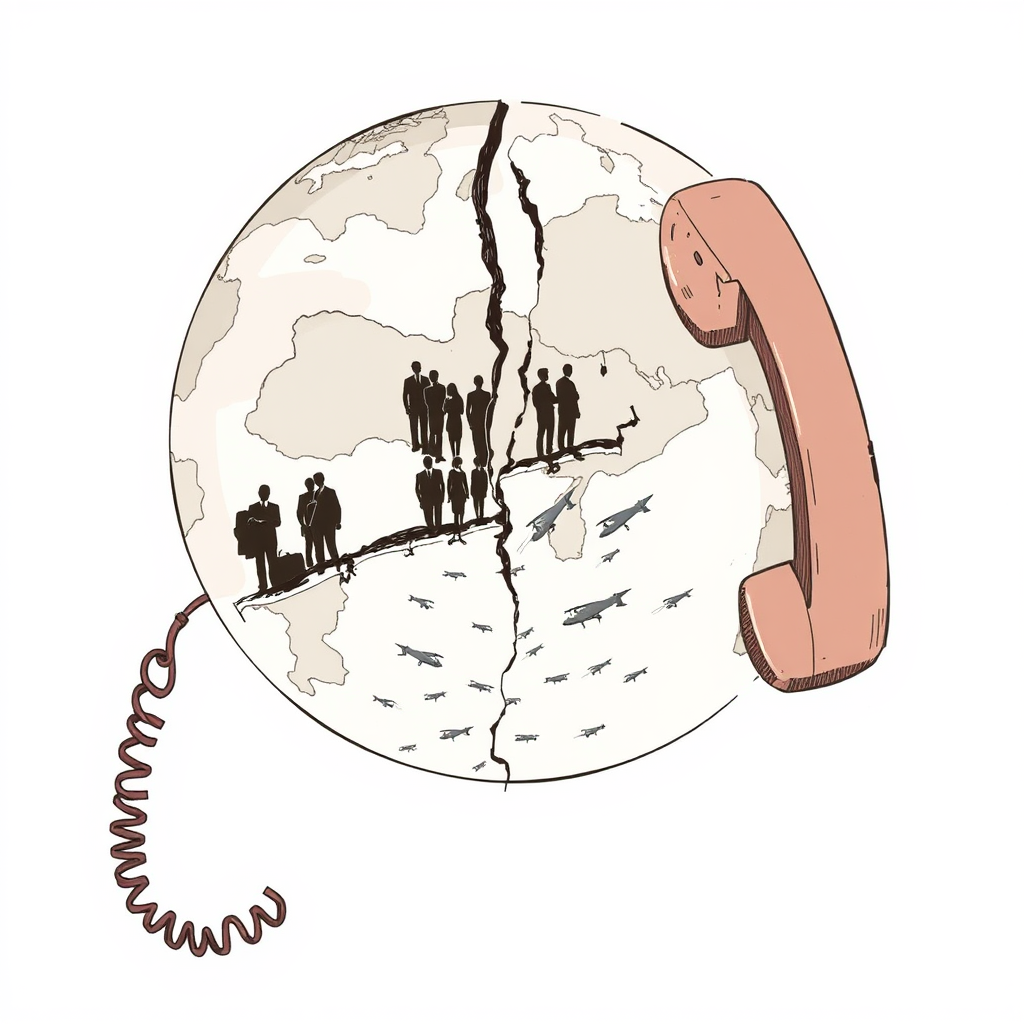Trump’s Call Allegedly Fueled Deadly Kyiv Assault

Former Trump associate Lev Parnas alleges a direct link between a recent phone call between Donald Trump and Vladimir Putin and a large-scale aerial assault on Kyiv, characterizing the attack as a deliberate escalation of the conflict in Ukraine. Parnas, a Ukrainian-born former associate of Rudy Giuliani, claims Trump’s actions have effectively emboldened Russia and contributed to civilian casualties.
According to Parnas, the assault – involving 14 Iskander-M ballistic missiles and approximately 250 Shahed drones – was not a random act of violence, but a calculated response stemming from a two-and-a-half-hour conversation between Trump and Putin days prior. Ukrainian air defenses reportedly intercepted six missiles and neutralized 245 drones through interception and electronic warfare, but residential areas were struck, resulting in civilian deaths and ongoing rescue efforts.
Parnas asserts that Trump disregarded intelligence briefings and State Department advice, instead relying on sources feeding him pro-Kremlin narratives. He claims Trump offered Putin tacit approval to escalate the conflict in exchange for silence and a promise of reduced support for Ukraine.
“This massacre didn’t come out of nowhere,” Parnas wrote in a Substack post. “This is the direct result of Donald Trump’s…phone call with Vladimir Putin.”
Parnas contends that Trump’s focus is on appearances rather than the reality of the conflict, pointing to Russia’s struggling economy and military performance. He suggests Trump is prioritizing optics over substantive engagement and is willing to sacrifice Ukrainian interests to achieve favorable perceptions.
While these are serious allegations, it’s crucial to note they originate from a source with a clear political perspective and a history of publicly criticizing Trump. Independent verification of Parnas’ claims regarding the specifics of the Trump-Putin conversation and the motivations behind the recent escalation is necessary. However, the timing of the assault following the reported phone call, coupled with Parnas’ detailed account, raises significant questions about the potential influence of external factors on the ongoing conflict. The situation underscores the complex interplay between political rhetoric, diplomatic engagement, and military action in Ukraine.